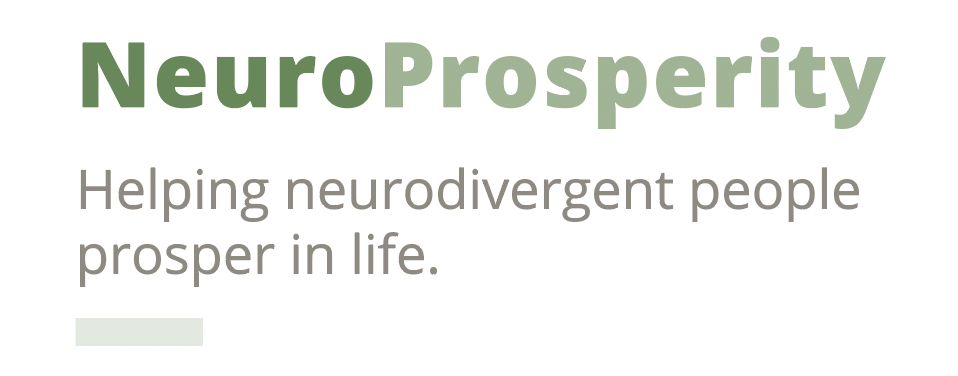What happens at an assessment?
What happens
You can contact us by email - or use our "contact us” link.
We then get in touch to discuss our assessment process.
If you decide to go ahead we will book your first appointment.
The first appointment...
...lasts about an hour. We explore your personal circumstances and explain what is required for a clinical assessment. We agree suitable written questionnaires for the second appointment. At the end of the first appointment, we arrange the second appointment.
The second appointment...
...lasts up to three hours (with breaks or over more than one session). Is a narrative based developmental interview. Includes analysis of written questionnaires.
The report
You will get a detailed report outlining the diagnosis and post-diagnostic support information.
What other things does the report show?
Autism assessments - our approach
The Autism Spectrum Interview Schedule (ASIS)
Our autism reports
Other diagnoses
The Autism Diagnostic Observation Schedule (ADOS)
Assessments are done in five parts:
Why choose NeuroProsperity for your autism assessment?
“thank you very much for this and your time. It was really helpful and interesting and quite life-changing I think in how I relate to myself”
a recent comment from one of our clients


